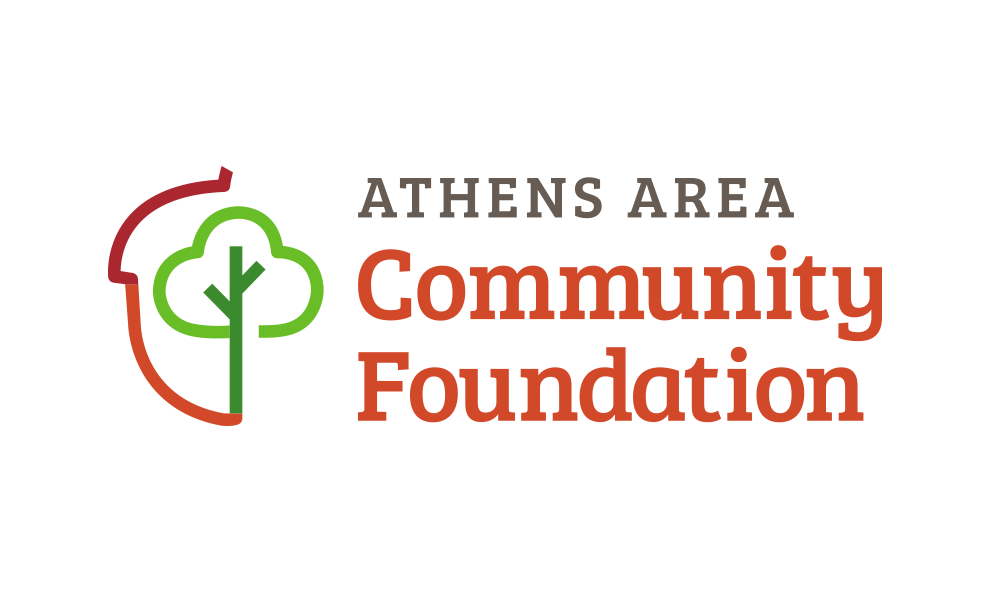by Emma Auer | June 10, 2020
Nonprofits are mission-driven organizations that often serve vulnerable communities. In circumstances altered by the COVID-19 virus, they are facing unique challenges while also becoming more necessary than ever.
Dr. Anthony J. Mallon, director of the Institute for Nonprofit Organizations at UGA, says that nonprofits are by nature resilient and adaptive: “Nonprofits by definition have to be adaptive, we’re very lean, we can’t save money for a rainy day the way a for profit entity might be able to.”
However, COVID-19 has created some significant challenges. Foremost among them is the ability to generate the funds they need to deliver programming and keep the lights on, as well as safely serve their community.
Dr. Mallon says, “One of the biggest challenges that they have faced is being able to deliver their services in a way that meets their clients needs but still keep clients safe, staff safe, volunteers safe, and adhere to safety protocol. Some agencies have not been able to have their clients come in.”
However, nonprofits remain more essential than ever, as the COVID-19 virus has drawn attention to communities that have long needed certain services and support: “They’re definitely going to be around for the future, they are going to be needed, because there are areas of our society where individuals, families and communities are still in need. None of those issues are going away.”
What’s happened during the virus, he says, is that “the curtain has been pulled back on all of these issues.”
This increased awareness in turn adds new urgency to the need for collaboration between nonprofits, the governmental sector, and for-profit entities. The past few months have revealed that many communities in need have not been reached by organizations providing essential services. Dr. Mallon adds, “While the nonprofit sector is an important part of American society, it can’t deal with the breadth these problems. There needs to be much more acknowledgement of the issues, acknowledgement of the role of government, of for-profit businesses and nonprofits.”
This cooperation is something that many organizations in and around Athens have already been incorporating. Local banks, the Athens Area Chamber of Commerce, and several nonprofit organizations, including Envision Athens, the Athens Area Community Foundation, and United Way, have all been sharing advice for how to weather the current crisis in a set of weekly meetings.
This article is also online at WUGA FM

